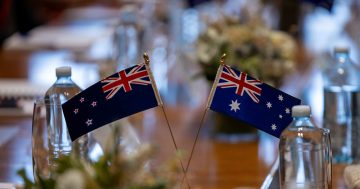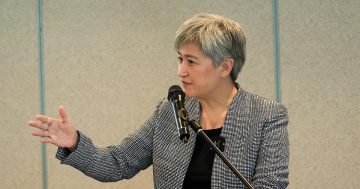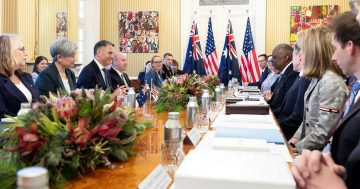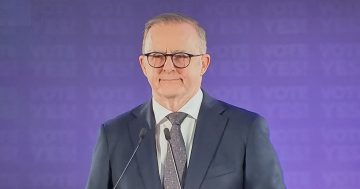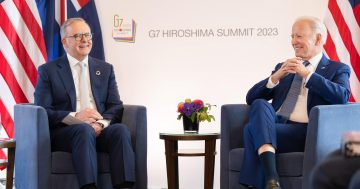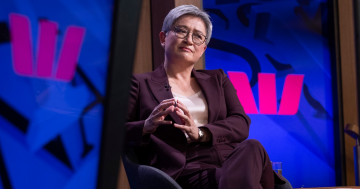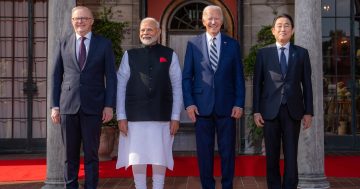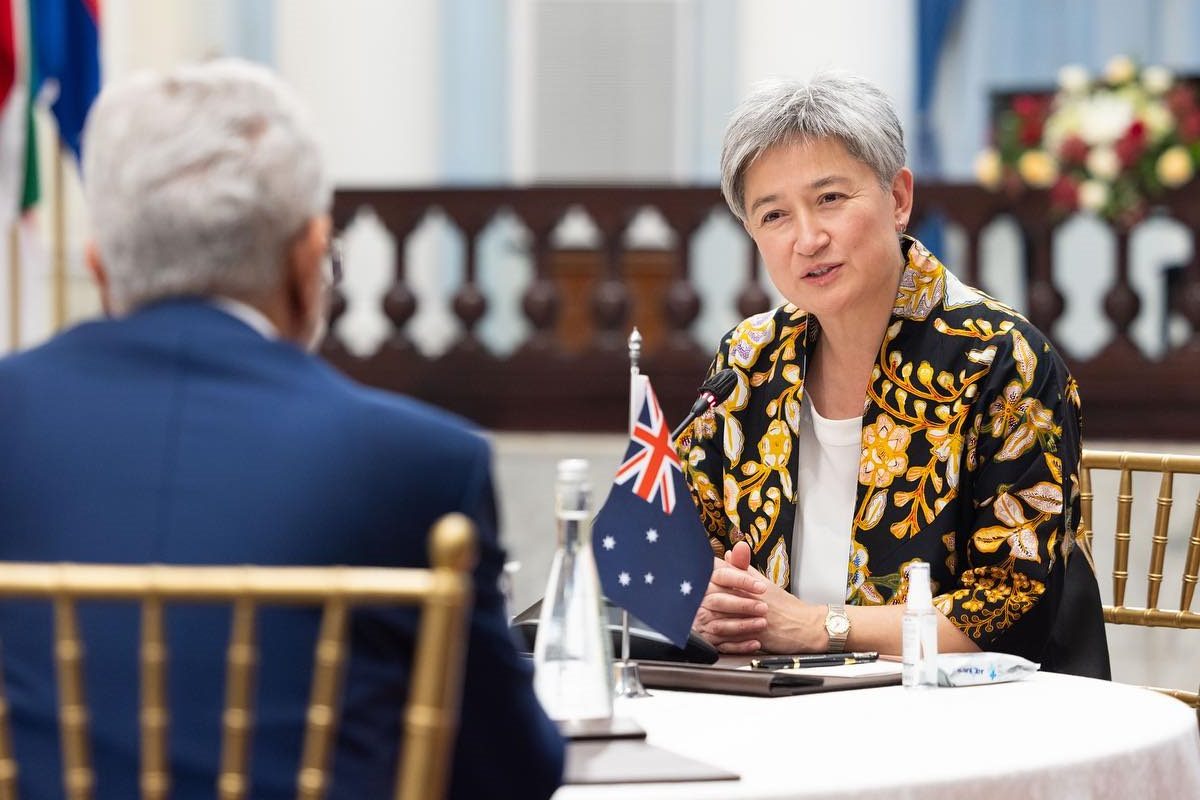
Foreign Minister Senator Penny Wong wants to position Australia as a partner of choice in the Indo-Pacific region. Photo: Facebook.
In the face of increasing interest and influence in the region from China, the Federal Government has released its policy on how it intends to interact with nations in the Indo-Pacific over the next five years.
The new International Development Policy seeks to not just advance Australia’s own interests in the region which it says is a peaceful, stable and prosperous Indo-Pacific. It aims to position Australia as a ‘partner of choice’ when it comes to tackling security, health, climate change, infrastructure, economic growth, and other issues affecting the region.
Its release follows Foreign Minister Senator Penny Wong’s broad-ranging address to the National Press Club in April in which she said she wanted to shape our region so that it reflected Australia’s national interest and a shared regional interest through coordinated statecraft.
“It helps our regional partners become more economically resilient, develop critical infrastructure and provide their own security,” she said in that speech. “What we want is Australia to become a partner of choice for the region. Partners, not patriarchs.”
The Press Club speech essentially reflected many of the goals outlined in the government’s Defence Strategic Review (DSR) which also placed a greater emphasis on developing strategic military and security partnerships in the region.
Australia’s renewed endeavours in the region follow efforts by China to foster similar relationships in the Indo-Pacific. The Chinese Communist Party has forged various infrastructure, development and security pacts in Sri Lanka, Myanmar, Cambodia, Laos, Indonesia, Papua New Guinea, Timor Leste, and the Solomon Islands in recent years.
The International Development Policy is Australia’s first long-term regional policy to be released in almost a decade and will inform the government’s investments in the region. The Government says the policy will deliver a development program that is effective, responsive, transparent and accountable.
“This new policy reflects who we are,” Senator Wong said in a 7 August release. “Australia is there, not only in times of crisis, but is working with the region to strengthen its resilience and to help deliver its aspirations.
“The new policy will guide how Australia’s development program works alongside our diplomatic, defence and economic engagement.”
The Government says gender equality and climate action will be at the heart of the development program, with targets to be set to ensure Australian development assistance tackles climate impacts and improves the lives of women and girls.
It also says it will invest in locally developed solutions which will create local jobs and economic opportunities through what it calls “genuine, respectful partnerships”. This will be achieved via a fund which will provide direct support to community organisations.
The policy is part of a $1.7 billion increase in spending over the next five years and longer-term commitments after that.
“Australia will concentrate our resources on the issues that matter most to our neighbours,” the policy’s ministerial forward reads.
“We will offer genuine partnerships based on respect, listening, and learning from each other. We will support local leaders to create local solutions while contributing our own strengths — our economy, our institutions, and the connections and knowledge of Australians.”
Importantly, the investments will be made under a new performance and delivery framework which will allow their effectiveness to be measured and if necessary, adjusted. Appropriate upskilling and training of Foreign Affairs and Trade personnel will also be conducted to support the new policy.
The performance and delivery framework has four main elements: country and regional Development Partnership Plans with shared objectives, expected outcomes, and approaches to consultation, evaluation and learning; a set of indicators communicating the regional context; Strategic Partnership Frameworks with multilateral organisations and implementation frameworks for global programs; and investment level monitoring and evaluation systems.
The policy states the framework will deepen its accountability through improved transparency and more timely and comprehensive access to information on programs and investments.
“We will deliver a development program that is transparent, effective, and accountable,” the ministerial forward reads. “It will be a program that Australians can be proud of and have confidence in.”












